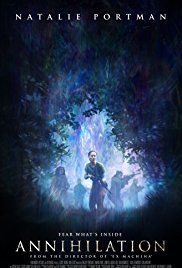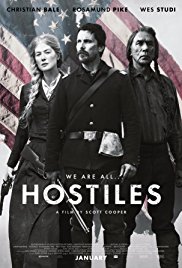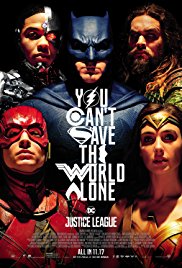Perspective. The lens through which we view the world. We usually focus on the most dominant storyline when it comes to art, as it pertains to film and literature. The subplots take a natural backseat to the action in the foreground. However, a fresh perspective allows for new and creative storytelling. Hotel Artemis seemed intriguing, not only because of a cast including Jodie Foster and Sterling K. Brown, but because it fleshed out a familiar plot point.
If you’re anything like me, you’ve seen your fair share of crime dramas over the years. You’ll recall that whenever someone is shot or otherwise injured, it poses a real problem when they need medical attention. Well, what if there was a hospital just for criminals? Welcome to Hotel Artemis, which is not really a hotel at all. In this stylish, dark action drama, writer/director Drew Pearce (Iron Man 3) spins a common trope of the genre into a tale of murder and mayhem.
The film opens in the not-too-distant future of 2028 Los Angeles, as three men attempt a bank heist. Two of the three are brothers, the older played by Sterling K. Brown (Black Panther) and the younger portrayed by Brian Tyree Henry (Atlanta). Gravely wounded, the trio call ahead to book some rooms in the Hotel Artemis, members only. The Artemis deals in anonymity, and each resident is known by the room to which they are assigned. The older brother is assigned to the Waikiki room, and the younger to Honolulu. Jodie Foster (Elysium) stars as The Nurse, gatekeeper and Chief Surgeon, so to speak. She runs a tight ship, adhering to a strict set of rules that only allows treatment for members who have paid the hefty premium.
The technology in the film is pretty cool, with The Nurse performing complex surgeries in half the normal time. Upon arrival, Waikiki runs into old friend Nice (like the French city), portrayed by Sofia Boutella (Atomic Blonde). She’s at the Artemis for more than just medical care, and her mysterious intentions put her odds with the other guests. Throughout it all, The Nurse is tasked with keeping her unsavory clientele in line, enforcing a strict set of rules with the help of her sidekick, a juiced up looking orderly appropriately nicknamed Everest (Dave Bautista, Avengers: Infinity War). On this particularly chaotic night, a riot rages outside. The people have taken to the streets to protest the privatization of water, a nasty hallmark of this quasi-dystopian future. As if things weren’t hectic enough, The Nurse has one more problem to consider after receiving word that yet another patient will be arriving, this one a VIP. “The Wolf King,” ruling crime boss of LA’s underworld is en route (Jeff Goldblum, Thor: Ragnarok) and cannot be denied.
Hotel Artemis was a fun movie to watch, largely due to its premise. In some respects, the setting is the star. This film isn’t character driven, it’s plot driven. The characters must sustain the action and carry the film, but their maneuvering is made easier by the film’s construct. Although the Artemis is the focal point and the film’s only real setting, its occupants ensure there is never a dull moment. Sofia Boutella proves that her turn in last year’s Atomic Blonde wasn’t a fluke, dispatching unwanted guests Oldboy style. Sterling K. Brown is just a pleasure to watch, in any setting. I rooted for Waikiki, the dutiful older sibling, always making sacrifices. And Jodie Foster, well she’s Jodie Foster. In sum, Hotel Artemis was a cut above your average shoot ‘em up, a cool movie that refreshingly expounded upon a common thematic element. I don’t think you’ll be disappointed.
Grade: A-









